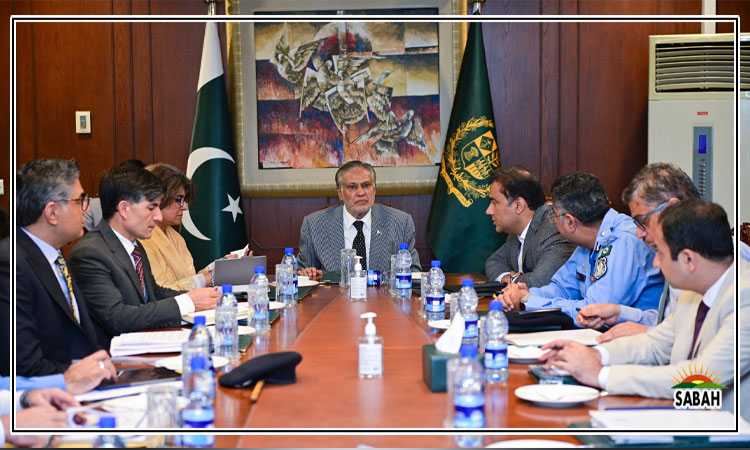UN Secretary-General António Guterres due in Pakistan tomorrow
ISLAMABAD, Sep 08 (SABAH): United Nations Secretary-General António Guterres will visit Pakistan on 9-10 September to express solidarity with the Government and people of Pakistan braving a colossal climate-induced natural disaster caused by unprecedented rains and floods across the country.
According to a statement issued by Foreign Office Spokesperson Asim Iftikhar Ahmad, during the visit, Secretary General Guterres will have meetings with the Pakistani leadership and senior officials to exchange views on the national and global response to this catastrophe caused by climate change.
Asim Iftikhar Ahmad said that the Secretary-General will travel to areas most impacted by the climate catastrophe. He will interact with displaced families and first responders in the field, and oversee UN’s humanitarian response work in support of the Government’s rescue and relief efforts for millions of affected people.
FO spokesperson said that the Secretary-General’s visit will further raise global awareness about the massive scale of this calamity and the resulting loss of life and widespread devastation. It will contribute towards enhancing commensurate and coordinated international response to the humanitarian and other needs of the 33 million affected Pakistanis.
FO spokesperson said that the Secretary General actively supported the US$ 160 million UN “Flash Appeal” to fund Pakistan’s Flood Response Plan and contributed a powerful video message at its launch event held simultaneously in Islamabad and Geneva on 30 August 2022.
He said that the UNSG has been consistently stressing the linkage of such disasters with the impacts of climate change and warning the international community about the existential threat to our planet in case climate change was not addressed in a timely and effective manner.
FO Spokesperson Asim Iftikhar Ahmad said that the Secretary General’s visit will also spotlight the importance of sustained international support for Pakistan through the rehabilitation and reconstruction phase, and for building resilience against future climate shocks.












